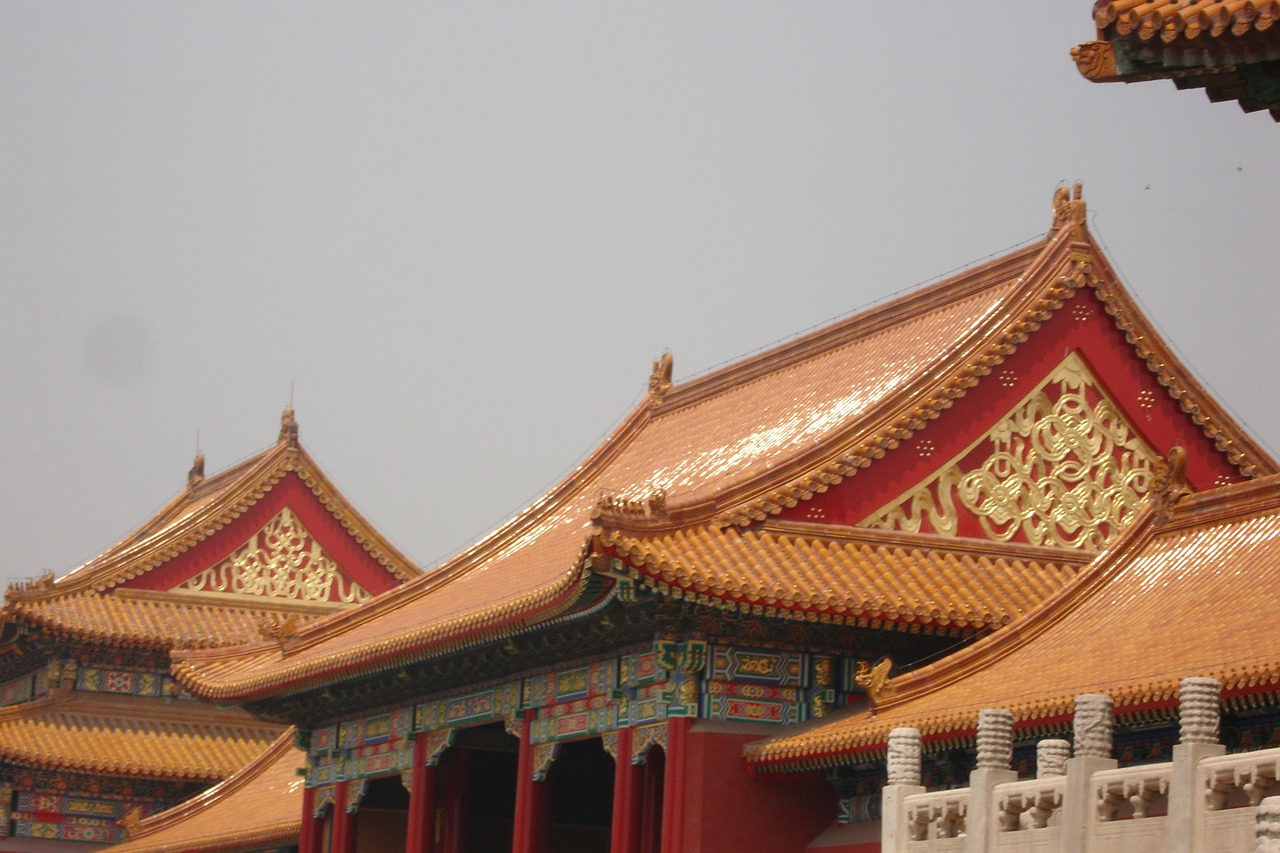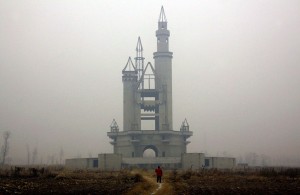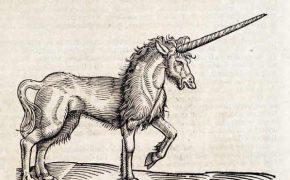4 Facts About Chinese History You Didn’t Know
China, known at various times by different nicknames such as the “Middle Kingdom” and the “Rising Dragon,” is one of the oldest civilizations on Earth, with an incredibly rich history spanning thousands of years.
Some of the facts of Chinese history are well known to even the most uninformed passer by, such as the fact that the Chinese invented gunpowder, or that the Great Wall was built to keep the Mongolian warrior army out.
Some of the most interesting facts, however, require a little bit of digging. Here are the four most interesting facts about Chinese history that you probably didn’t know.
Header image source: Pixabay
1. China was the first country to use paper money.
Few people are aware that it was the Chinese who first started using paper as a form of currency. Way back in 618 AD, at the dawn of the Tan Dynasty that would rule China for 300 years, paper money was invented in response to crisis.
The treasury was in desperate need of metallic, hard currency, but expensive conflicts were making it hard to come by. That’s when officials started allowing people to use notes of credit as payment, which was a precursor to paper money.
2. China contained the first and last European colony in Asia.
Source: Pixabay
When people think of the Chinese city of Macau, they think of big casinos and insanely over-the-top partying. What few people actually know is that this was the site of the first and last European colony in Asia, being acquired by Portugal in 1557, and not being returned to China until 1999, outlasting even the colonial status of Hong Kong.
Since becoming a Chinese state, the gambling culture of Macau has gained popularity around the world, with millions of people opting to play Macau-style games on platforms like Paddy Power, including themed slots with names such as “Three Kingdoms” and “Dragon’s Luck.” Nowadays, Macau has surpassed even Las Vegas as the epicentre of gambling.
3. Commoners were forbidden to lay eyes on the emperor
The Forbidden City in Beijing has captured the imaginations of millions of people around the world, representing long-gone Imperial decadence and gorgeous Chinese art from across the millennia. One thing that is perhaps less well-known is the cruelty of one of China’s most notorious dynasties, the Qing dynasty, which rules from 1420 all the way up to 1912.
For much of its existence, commoners were not allowed to even look upon the Forbidden City, let alone the emperor. Those who did look upon him faced immediate execution. Harsh.
4. China holds ancient fossils of our distant relatives
Surprisingly few people know that China is the location of some of the earliest known fossils of Homo Erectus, the closest relative to modern humans. A collection of fossils known as the “Peking Man” were discovered in 1923 near Beijing and were later found to be over 700,000 years old, far surpassing contenders found in Europe.
The history of China is a rich and varied tapestry, covering the heights of civilization to the most primitive of early humans, which is what makes the country such an interesting one to study, no matter where your interests lie.



















